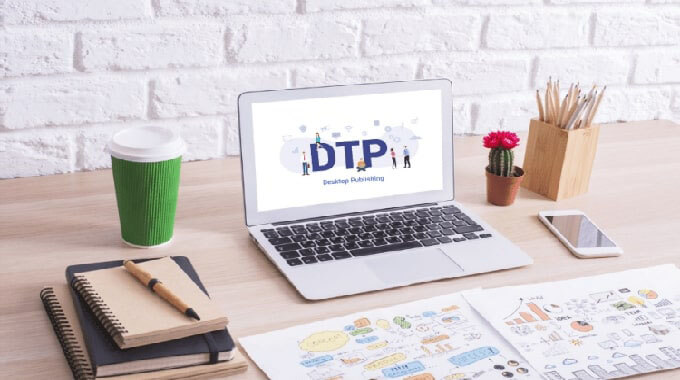Desktop publishing (DTP) creates and produces documents using page layout software on a personal computer. DTP allows users to create documents with professional-quality layouts and designs, such as brochures, newsletters, books, and presentations.
In the localization process, DTP is necessary because it allows companies to adapt the layout and design of their documents and other content to fit the local language and cultural context. This can involve re-arranging text and graphics to fit the target language’s layout and adapting visual elements such as images and graphics to fit local cultural norms and preferences.
Specialized localization companies or in-house teams can provide services. These services can include translation of the text and design and layout work to ensure that the final product looks professional and is easy to read and understand in the target language.
Table of Contents
What is Localization?
Localization is adapting a product or content to a specific local language, and cultural context. This involves translating text and other language-specific elements and adapting images, graphics, and other visual elements to fit the local culture.
Localization is essential for businesses because it allows them to reach and effectively communicate with a broader audience, especially in regions where the primary language is different from the original language of the product or content. This can increase customer loyalty and satisfaction, ultimately increasing sales and revenue. Localization can help businesses to comply with local regulations and standards.
The Role of DTP in Localization
The role of DTP services in localization is to adapt the layout and design of documents and other content to fit the local language and cultural context. This can involve a variety of tasks, including:
- DTP professionals will translate the text of the document or content into the target language using appropriate translation software and tools.
- DTP professionals will adjust the document’s layout or content to fit the target language. This can involve re-arranging text and graphics to fit the target language’s layout and adjusting the font size and style to ensure that the final product is visually appealing and easy to read.
- DTP professionals must be able to handle a variety of languages and scripts, as different languages often have different writing systems and layout requirements. They must be able to work with various fonts and character sets and deeply understand each language’s specific layout and design requirements.
In addition to ensuring that the final product is easy to read and understand, DTP professionals must also ensure that the visual elements of the document or content are consistent with the brand’s style and messaging. This can involve adapting images and graphics to fit the local culture while maintaining the brand’s overall look and feel.

Types of DTP Services
Several types of DTP services can be provided as part of the localization process:
Translation of marketing materials
This can include brochures, flyers, banners, and other marketing materials used to promote products or services. DTP professionals will translate the text of these materials into the target language and adjust the layout and design to fit the local culture and language.
Translation of websites and software
DTP professionals can translate websites and software interfaces into different languages and adjust the layout and design to fit the local culture and language. This can include text translation and adapting images and graphics to fit the local context.
Translation of technical documents
DTP professionals can also translate technical documents such as manuals, user guides, and other technical materials. These documents often contain complex technical language and detailed instructions, and DTP professionals must be able to accurately translate this content while maintaining the integrity of the original meaning.
Tips for Successful DTP Localization
Several tips can help to ensure successful DTP localization:
Work with a professional DTP team
It is essential to work with a team of experienced DTP professionals who deeply understand different languages, scripts, and cultural conventions. This helps ensure that the final product is professionally designed, visually appealing, and easy to read and understand in the target language.
Plan and allow for extra time for DTP work
DTP localization can be a complex process that requires careful planning and attention to detail. This can help ensure that the final product meets all requirements and is delivered on time.
Use creative design services and glossaries to ensure consistency
It is essential to use creative design services in the translation and layout of the document or content. Style guides can ensure that the same terms and phrases are used consistently throughout the document. At the same time, glossaries can ensure that technical terms and phrases are translated accurately and consistently.
Conclusion
DTP services are a crucial component in the localization process, as they allow businesses to adapt the layout and design of their documents and other content to fit the local language and cultural context. Proper DTP localization can help businesses effectively communicate their message to a global audience, leading to increased sales and customer satisfaction.
By working with a professional DTP team and following best practices for DTP localization, businesses can ensure that their documents and other content are professionally designed, visually appealing, and easy to read and understand in the target language. This can help them build trust and credibility with their customers, leading to increased success in new markets.














